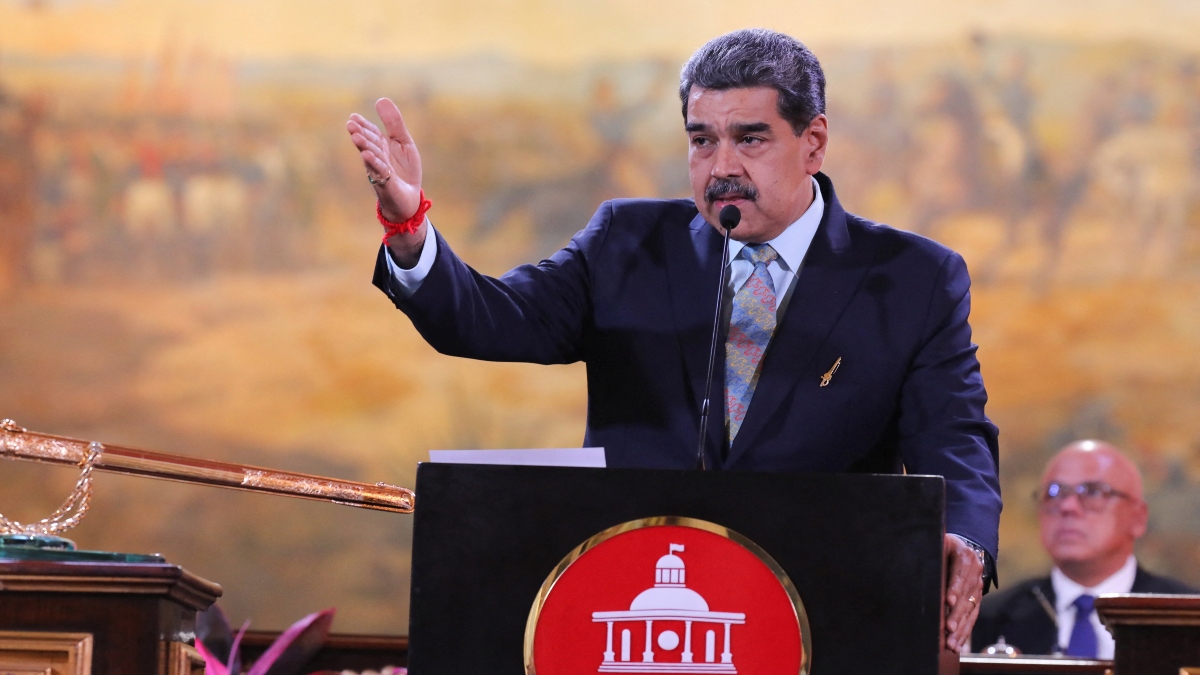Venezuelans return to the polls on Sunday (May 25), 10 months after President Nicolás Maduro claimed a third term in a disputed election marred by violence and accusations of fraud.
The vote will decide seats in a new parliament and elect 24 state governors, amid deep political divisions and widespread distrust of the electoral process. Venezuela’s main opposition faction, led by María Corina Machado, an engineer and former lawmaker, has called for a boycott. Machado argues voting would legitimise another flawed election orchestrated by Maduro’s government.
However, a smaller opposition bloc, led by Henrique Capriles, a former presidential candidate, has rejected the boycott, urging Venezuelans to vote as an act of resistance against Maduro’s administration.
“We must vote as an act of resistance, of struggle,” said Capriles, who is seeking a parliamentary seat.
Opposition leaders arrested
Tensions intensified ahead of Sunday’s vote, with more than 400,000 security personnel deployed nationwide. On Friday (May 23) , opposition figure Juan Pablo Guanipa, a key ally of Machado, was arrested, accused by authorities of leading a “terrorist network” plotting attacks on election day.
Interior Minister Diosdado Cabello alleged Guanipa, a former lawmaker, was connected to approximately 50 individuals detained earlier in the week. Venezuelan officials accused these individuals of being foreign-backed mercenaries infiltrating from Colombia, prompting authorities to temporarily close the border until after the elections.
Following his arrest, Guanipa’s account on social media platform X posted a statement saying he had been “kidnapped by the forces of Nicolás Maduro’s regime,” but vowed to continue fighting the government.
Impact Shorts
More ShortsOpposition presidential candidate Edmundo González Urrutia fled into exile in Spain last year after Venezuelan authorities issued threats against him. The crackdown intensified after July’s presidential election, when Maduro declared victory without detailed official results. Opposition groups released their own tally, indicating González Urrutia had won decisively.
Venezuela’s economic crisis
Maduro’s claim triggered deadly street protests, further isolating Venezuela internationally. Few nations recognise Maduro as the legitimate leader, among them longstanding allies Russia and Cuba.
The economic crisis deepened recently after US President Donald Trump revoked Chevron’s license to pump Venezuelan oil, severing a critical source of income for Maduro’s administration. Additionally, the Trump administration ended deportation protection for around 350,000 Venezuelan migrants in the US, deporting hundreds to a notorious Salvadoran prison.
Despite escalating international pressure and economic sanctions, Maduro remains defiant. Sunday’s elections also mark Venezuela’s first parliamentary and gubernatorial elections in the disputed, oil-rich Essequibo region, administered by Guyana but claimed by Caracas. Maduro’s government has threatened partial annexation, escalating regional tensions.
With inputs from agencies


)

)
)
)
)
)
)
)
)



